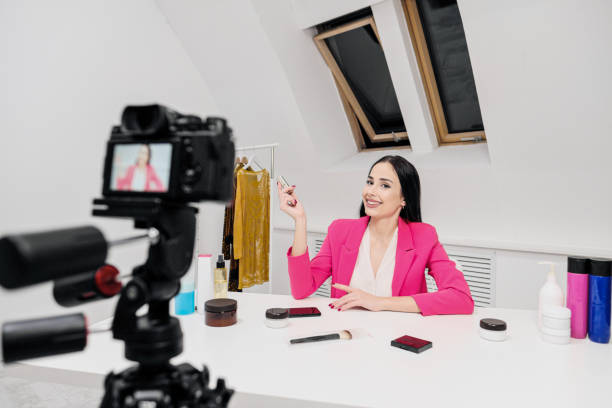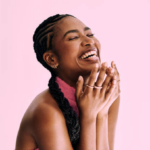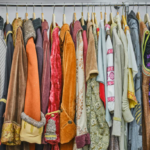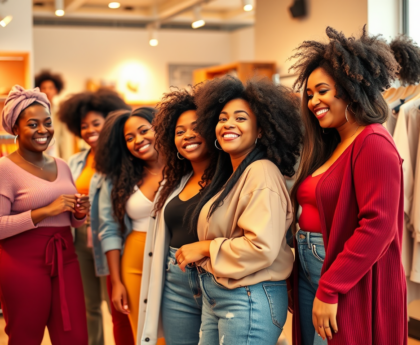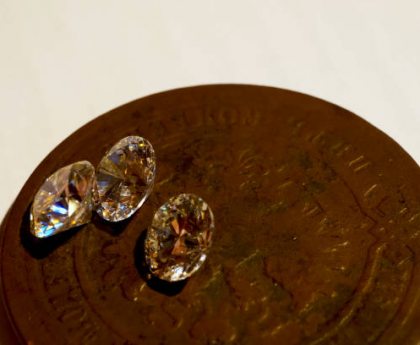The realm of fashion is an ever-evolving landscape shaped by many key figures, among whom fashion editors and influencers stand out prominently. These professionals wield significant power in contemporary fashion, guiding consumer choices and setting trends. This article delves into the roles of fashion editors and influencers, exploring their responsibilities, impact, and the seamless blend of traditional and modern fashion mediums.
The Duties and Responsibilities of Fashion Editors
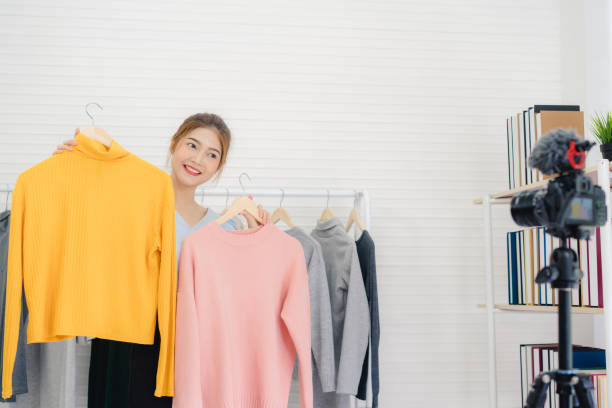
Fashion editors have a multifaceted role that involves overseeing the content and visual direction of fashion publications. They play a crucial part in curating fashion spreads, managing editorial calendars, and coordinating with writers, photographers, and designers. Key responsibilities include:
- Curating fashion content for magazines and digital platforms.
- Setting and maintaining editorial standards.
- Collaborating with brand designers for upcoming collections.
- Attending fashion shows and industry events.
- Identifying and promoting emerging fashion trends.
These tasks require an acute sense of style, attention to detail, and comprehensive knowledge of current and historical fashion trends. As a result, fashion editors are pivotal in translating high fashion into relatable content for a wider audience.
The Influence of Social Media on Modern Fashion
The rise of social media has democratized the fashion industry, giving voice to influencers who share their personal styles and trend insights with massive online followings. Unlike traditional fashion editors, social media influencers offer a more personal and relatable touch to fashion communication. They connect directly with their audience through platforms like Instagram, TikTok, and YouTube.
Influencers create engaging content, such as fashion hauls, styling tips, and real-time outfit inspirations, often driving immediate consumer action. Their ability to provide relatable, real-world applications of fashion trends makes them powerful allies for brands aiming to reach wider audiences swiftly.
Collaboration Between Fashion Editors and Influencers
In today’s fashion landscape, a symbiotic relationship between fashion editors and influencers is not only beneficial but often necessary. Fashion editors rely on influencers to provide real-time feedback and to gauge the popularity of emerging trends. In return, influencers benefit from the editorial credibility and high-profile exposure that fashion editors bring.
This collaboration often manifests in co-branded projects, such as photo shoots, social media campaigns, and even collaborative collections. By merging traditional editorial authority with the dynamic reach of influencers, the fashion industry can appeal to both historical and modern audiences seamlessly.
The Impact on Consumer Behavior
The combined influence of fashion editors and social media influencers profoundly affects consumer behavior. Fashion editors set the stage with well-researched articles and polished visual stories that shape public perception. Influencers amplify these trends through their authentic engagement with followers, fostering a sense of community and trust.
This dual influence directs consumer preferences and purchasing decisions, often leading to the success of specific brands and styles. Consumers tend to look to fashion editors for in-depth fashion analyses and to influencers for everyday fashion application, creating a multifaceted decision-making process.
Adapting to the Future of Fashion
As technology and fashion trends continue to evolve, so too must the roles of fashion editors and influencers. The future of fashion will likely see an even greater integration of digital tools, artificial intelligence, and data analytics to forecast trends and measure engagement more precisely.
Fashion editors and influencers will need to adapt by expanding their digital proficiency, exploring virtual fashion shows, and employing advanced analytics to deliver the most relevant content to their audiences. Their adaptability will determine their continued impact in an ever-changing fashion landscape.
Conclusion
Fashion editors and influencers play integral roles in shaping the fashion world, each bringing unique strengths to the table. While fashion editors offer structured, in-depth style direction, influencers provide relatable, real-time fashion narratives. Their collaboration ensures a well-rounded fashion ecosystem that caters to diverse consumer needs and preferences. As the fashion industry advances, these roles will continue to evolve, adapting to new technologies and changing consumer behaviors.
FAQs
What qualities make a successful fashion editor?
A successful fashion editor must possess strong leadership skills, a keen eye for style and trends, excellent communication abilities, and an in-depth understanding of the fashion industry. They should also be able to multitask and manage a creative team effectively.
Social media influencers earn from fashion through collaborations with brands, sponsored posts, affiliate marketing, and their own product lines. They leverage their audience to promote products and services, earning compensation based on their reach and engagement rates.
Can one person be both a fashion editor and an influencer?
Yes, some individuals successfully manage dual roles as both fashion editors and influencers. This allows them to leverage the credibility of traditional media while engaging more personally with their audience through social media platforms.
How do fashion editors decide which trends to promote?
Fashion editors decide which trends to promote based on extensive research, industry insights, runway shows, and consumer behavior analysis. They often attend fashion weeks, consult with designers, and review fashion forecasts to inform their decisions.
What impact do fashion influencers have on small brands?
Fashion influencers can have a significant impact on small brands by increasing their visibility and credibility. When influencers endorse small brands, it can lead to increased sales, brand recognition, and a broader customer base, often with a relatively low marketing investment.
